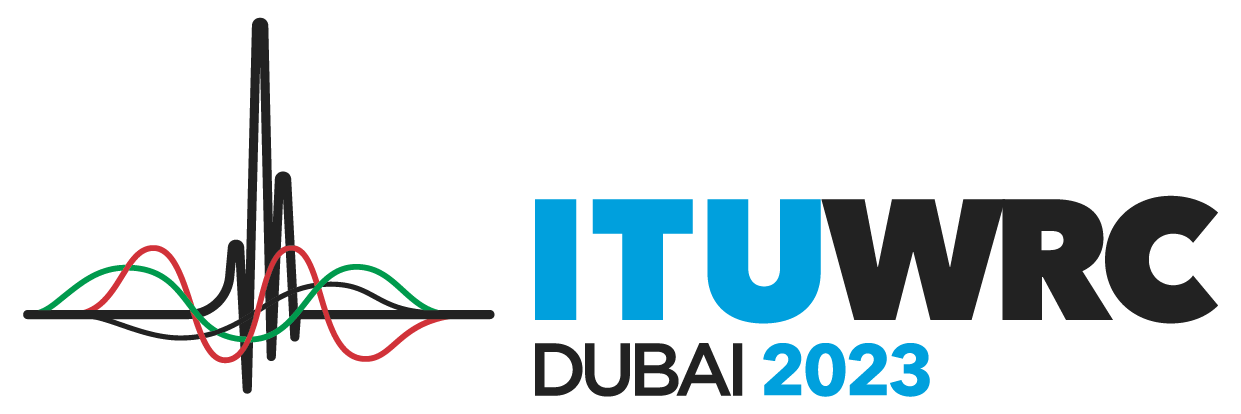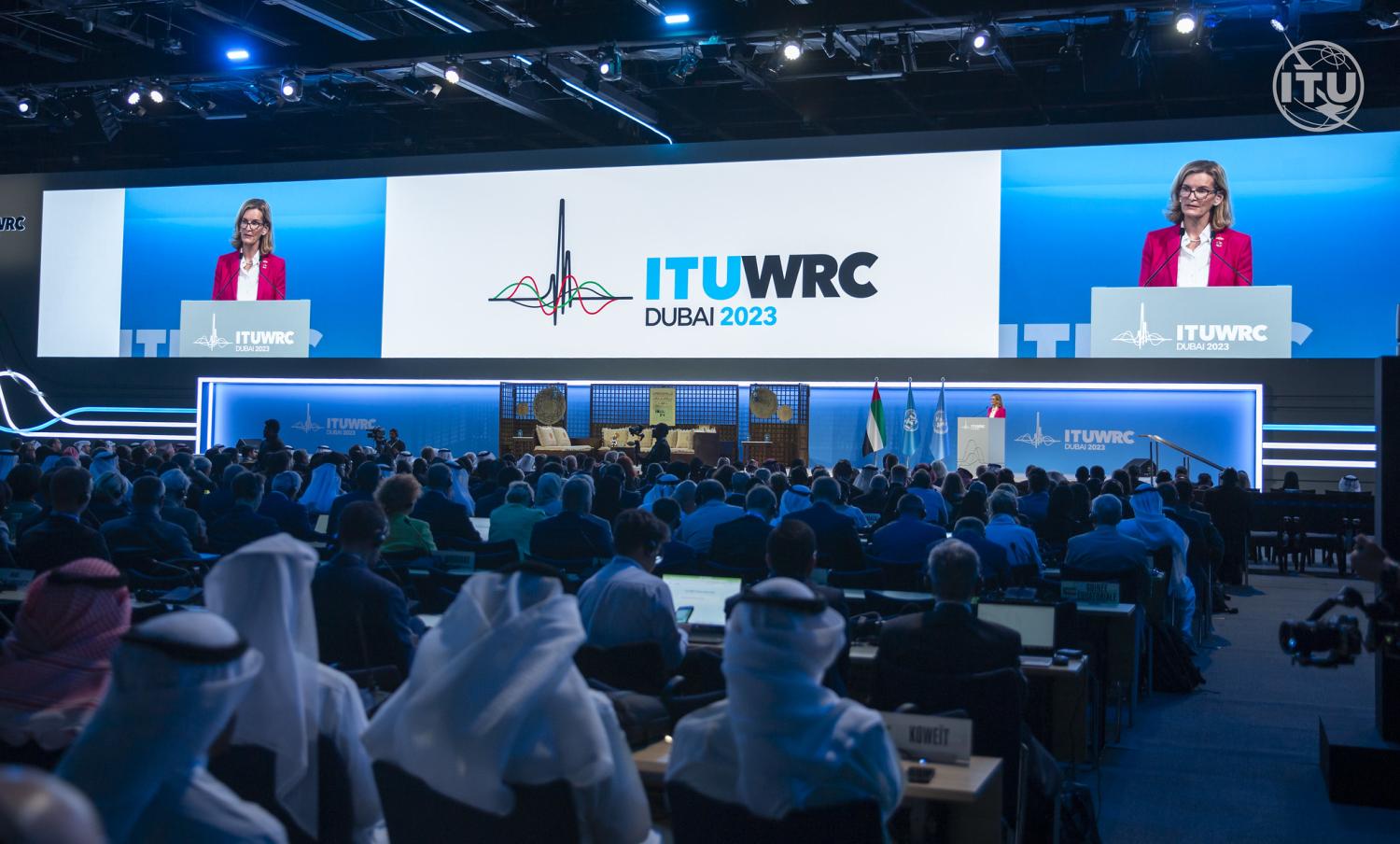UN agency to look at potential new protections from satellites for radio astronomy

Intensive discussions during the four-week long global forum in Dubai resulted in the adoption of an agenda item on the protection of radio quiet zones and radio telescopes from interference from large satellite constellations for the next conference, due to be held in 2027. This is highly significant as it means the issue will be considered in the next revision of the international treaty covering the use of radio waves, which is decided during the WRC.
Every four years, the radio regulations, the international treaty governing the use of the radio spectrum, are updated in a global negotiation that sees all 193 member countries of the International Telecommunications Union (ITU), the UN agency for information and communication technology, agree to a new version of the regulations.
“This is a significant step in our work to protect radio astronomy from harmful interference,” said Federico Di Vruno, the SKAO’s Spectrum Manager, who took part in the negotiations. “The last time there was an agenda item on radio astronomy was over a decade ago, so this really shows the significant profile and attention that astronomy has garnered in international bodies like the UN.”
Securing this agenda item means that over the next four years, telecommunication agencies, the radio astronomy community and satellite industry will work together in the ITU-R to better understand the impact of large satellite constellations on radio astronomy sites, especially in radio quiet zones. The work will focus on identifying better regulatory protection for the frequency bands that are allocated to radio astronomy, and studying the characteristics and possible international protection for radio quiet zones.
Radio quiet zones are geographic areas created by governments through legislation to protect sensitive radio telescopes from ground-based interference, such as that emitted by mobile phones, microwaves, or car radars. The SKAO relies on two such areas, the Astronomy Advantage Area in South Africa, and the Australian Radio Quiet Zone of Western Australia, to protect its sensitive radio telescopes from human-made interference so that they can receive the much fainter signals emitted by natural phenomena in the Universe. However, while such areas prevent a lot of harmful emissions from being emitted near the telescopes, they are not currently recognised internationally and have therefore no influence over satellite operations, which are regulated in international forums such as the ITU and the United Nations’ Committee on the Peaceful Uses of Outer Space (COPUOS).
Delegates from several national administrations including, among others, Australia, Canada, Chile, China, Germany, France, Japan, South Africa, Tonga, and the USA, as well as from observers like the SKAO, the European Committee on Radio Astronomy Frequencies (CRAF), and the Scientific Committee on Frequency Allocations for Radio Astronomy and Space Science (IUCAF), worked tirelessly to merge two proposals initially put forward by the African and European regulators (supported by SARAO, SKAO and CRAF) to accommodate all views. Intense negotiations and a spirit of compromise - an important principle in the ITU - ensured that the final proposal satisfied all parties, and was accepted by all 193 delegations.
“The work during the next four years will be key to obtain better protection for radio astronomy, especially in radio quiet zones,” added Federico di Vruno. “We’ll continue to advocate through the ITU and other bodies like COPUOS as well as in our conversations with industry for mitigations and regulation that helps ground-based astronomy thrive alongside satellite constellations.”
Additional resources
- Read the press release from the ITU
- Read the press release from the Max Planck Institute for Radio Astronomy





